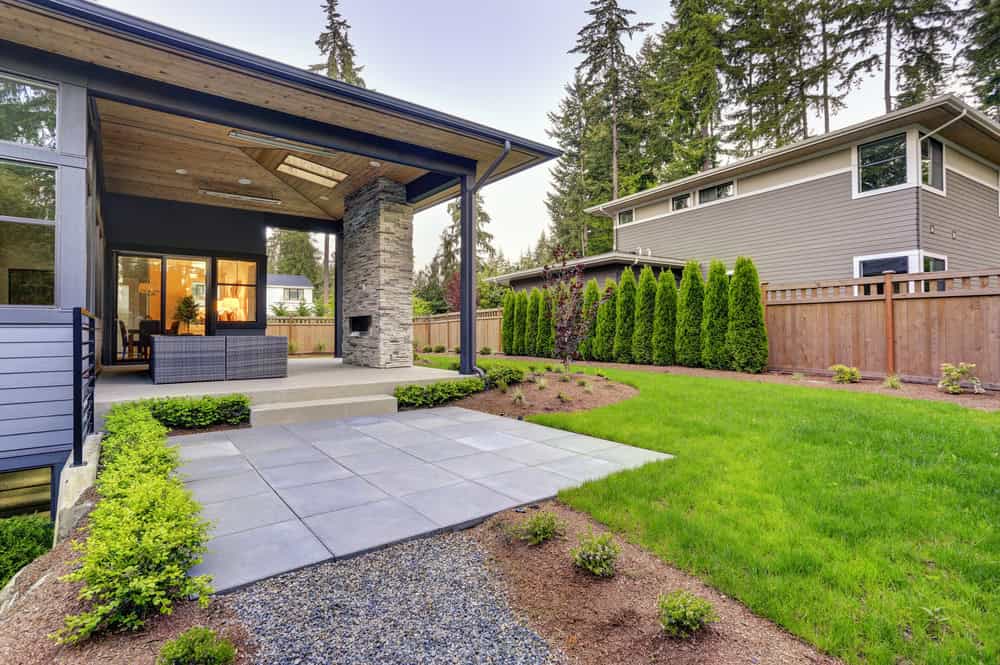In Vancouver, Canada, laneway homes are increasingly becoming in demand or trending in the housing industry. Laneway houses are built in pre-existing lots, which are detached secondary suites located in the back lane or in the backyard.
In this post, you’ll learn more about the latest housing trend today – laneway housing.


With the initiative of former Mayor Sam Sullivan’s council, EcoDensity, laneway houses were introduced in Vancouver because of increasing urban density. The average laneway house in Vancouver is 550 square feet, typically with one to two bedrooms.
Laneway houses are constructed in the back half of existing lots or in spaces that are normally reserved for parking areas or garages. Many municipalities actively encourage to build laneway houses, or coach houses, as an added income or incentive for homeowners.
So, if you’re also planning to build your own laneway house, make sure to hire a trusted, reliable, and experienced laneway builder, like Goldcon Construction. With proper planning and collaboration with a good laneway house builder, you can design a highly functional laneway house to increase the value of your property.
In that way, you’ll also have a great source of income for your family.
Constructing a Laneway house typically costs between 350,000 CAD to 400,000 CAD. The size ranges from 600 to 900 square feet. You can rent it out for 3,000 CAD monthly.
The return of investment in owning a laneway house is promising, and a lot of residents in Vancouver want to take this opportunity. It’s no wonder why other cities and countries want to adapt to this housing trend.
Because of increasing real estate prices, laneway houses are now becoming mainstream in the housing industry. Now, it’s possible for young and extended families to stay together on one property. Investing in a laneway house costs less than buying a one-bedroom apartment. Also, you get a detached house with laneway housing with parking and all the facilities you need.
The resale value of your overall property with a laneway house is higher as compared to the construction of a laneway house. Also, the rental income is more than enough to cover the mortgage or loan required to pay for the laneway house construction.
In Vancouver, Canada, laneway houses for rent are great income-generating sources. For city planners, building laneway houses are a great way to tackle the housing shortage. In fact, suburban municipalities that surround Vancouver have started constructing laneway houses. Even upscale neighborhoods in West Vancouver are adapting this latest housing trend, offering rental laneway houses to the working-class suburbs.
The rental income from laneway housing helps in building equity for homeowners, which greatly helps in paying a mortgage. A typical laneway house can be rented out between 1,300 CAD and 3,500 CAD, which comes with amenities, such as access to the yard and nearby parking space. Of course, the rental charge depends on the size and location.
“Baby boomers,” or the generation about to reach retirement age, prefer to construct laneway houses into their properties to bring their families close to them. This living arrangement is called a multi-generational.
According to a survey, people find it more affordable to live in laneway houses with small and detached homes in existing lots. Also, laneway houses are near schools, workplaces, transit, entertainment, and other amenities.
While there are challenges in designing a livable and highly functional laneway house, many homeowners and occupants have expressed their satisfaction owning and living in laneway houses.
Here are the details of the laneway house survey:
Laneway houses are the latest housing trend that started with a need to address the housing shortage in Vancouver. Due to the increasing population and prices of real estate, more people find constructing laneway houses as a more affordable housing option.
It’s also one way to generate income for homeowners and helping families live in a detached and new unit, which is close to community amenities.
This website uses cookies.